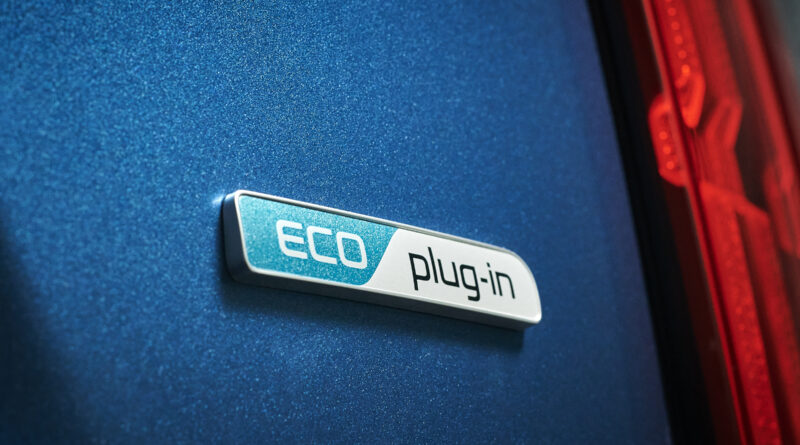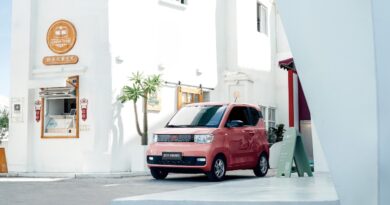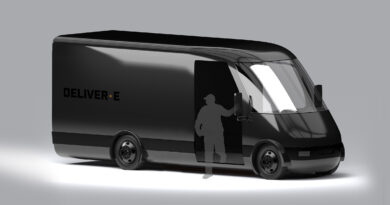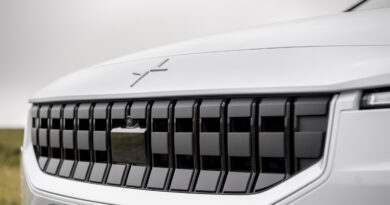PHEV unlikely to be ‘successful’ as Kia Australia pulls the pin on plug-in hybrid Niro
Plug-in hybrid technology is facing a rough road in Australia, according to Kia executives.
The company has just announced it will only initially import the regular hybrid and full electric versions of the new compact SUV, leaving the PHEV version behind – for now, at least.
While Kia Australia has homologated the Niro PHEV for sale here, it says it won’t initially be bringing any in due to low demand. With the original Niro, Kia Australia sold all three – hybrid, PHEV and EV – but it was the PHEV that was least popular.
“I love the idea of PHEV and what it does,” says Kia Australia COO Damien Meredith. “I don’t think it’s going to be successful in the future in Australia.”
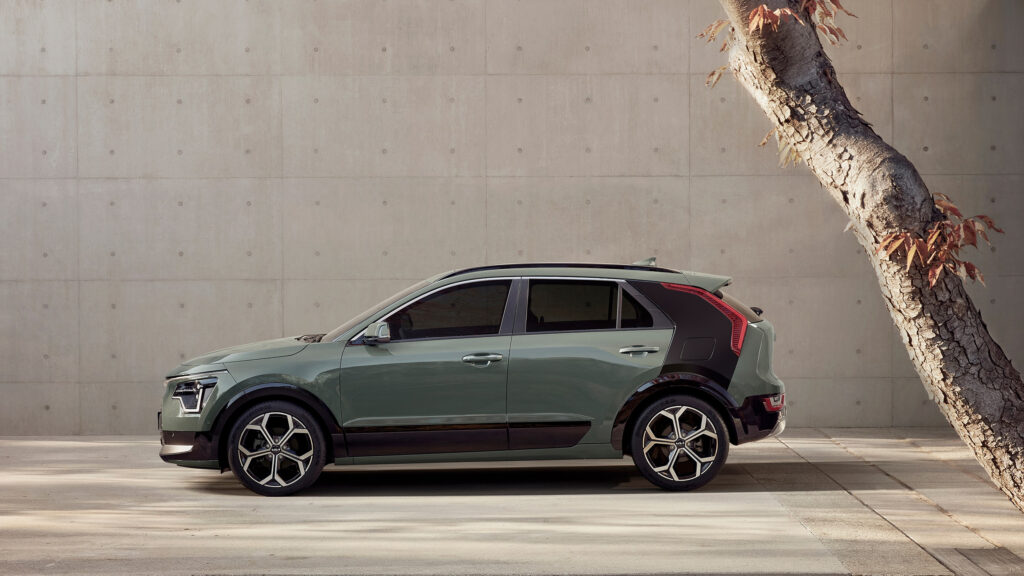
He added that “it’s too expensive to tell the story” of low emissions and partial EV motoring.
His comments were backed up by Kia Australia product manager Roland Rivero, who said “we’re keeping it up our sleeves” in reference to the PHEV version of the Niro.
Kia says it will continue selling the Sorento PHEV for now.
A plug-in hybrid uses the same basic technology as a regular hybrid but with a larger battery pack to allow longer EV-only driving. Most PHEVs travel between 30 and 60km on a charge, although some with ranges around 100km are due in Australia soon.
The challenge for PHEV is the compromises.
When running in EV mode a PHEV is dragging around an engine, gearbox and fuel tank that are contributing nothing to moving the car but adding weight and dulling performance and reducing efficiency.
When running as a hybrid a PHEV has a sizeable battery pack that is mostly not being used, again impacting performance and efficiency.
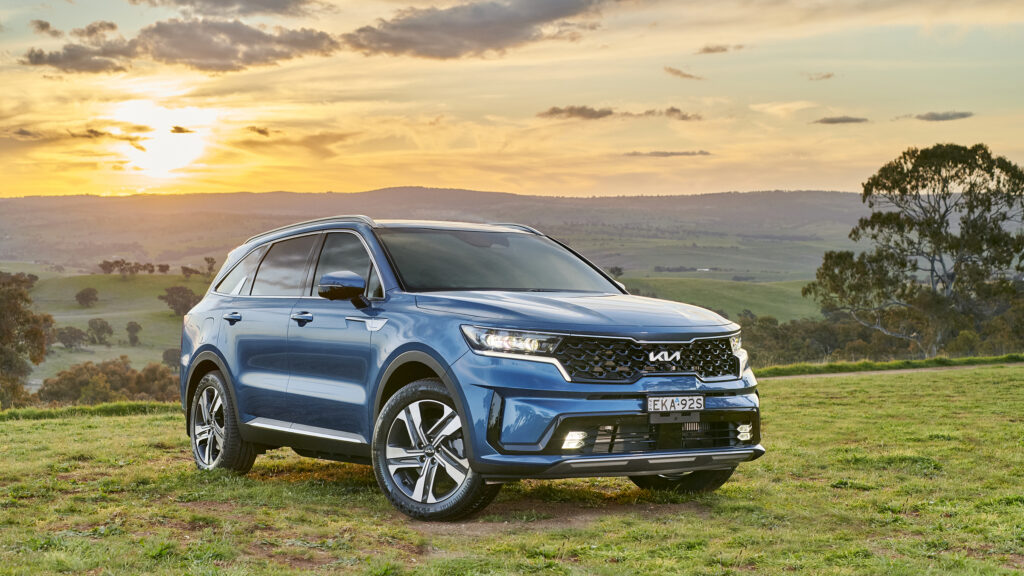
PHEVs also tend to be expensive due to the high cost of lithium-ion batteries. In the case of the Sorento PHEV it costs $80,330, which represents a circa-$15,000 premium over the same model with a diesel engine.
PHEVs also miss out on most of the incentives and rebates currently on offer in EVs.
Add it all up, and PHEVs have so far struggled to catch the attention of Australians.
Full battery electric vehicles comfortably outsell PHEVs and some brands – including Audi and Hyundai – have walked away from them in Australia.

